
Joe Biden and Xi Jinping agreed, among other things, to establish a direct line of contact. It is a step forward in the bilateral relationship, after years of tensions.
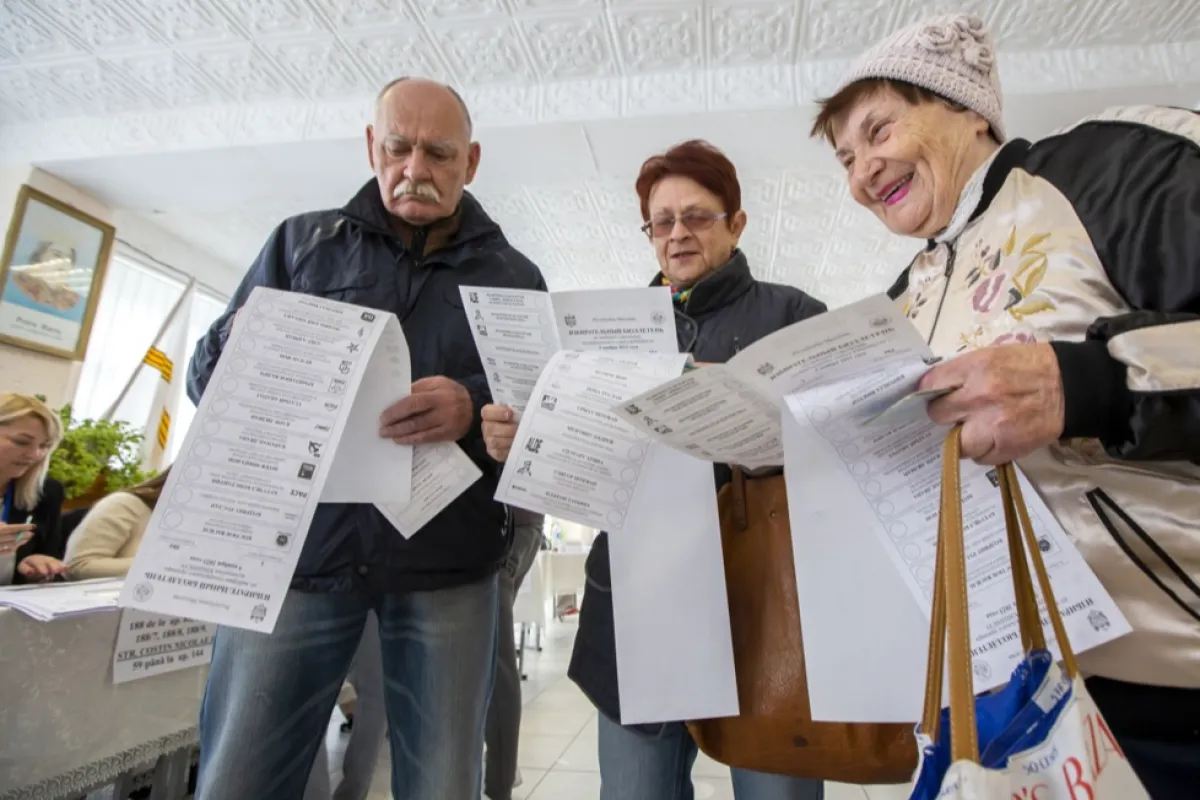
The results of the local election in the Republic of Moldova point to a decline of pro-European factions, after a campaign marked by Moscow’s interference and disinformation, as well as scandals generated by pro-Russians.
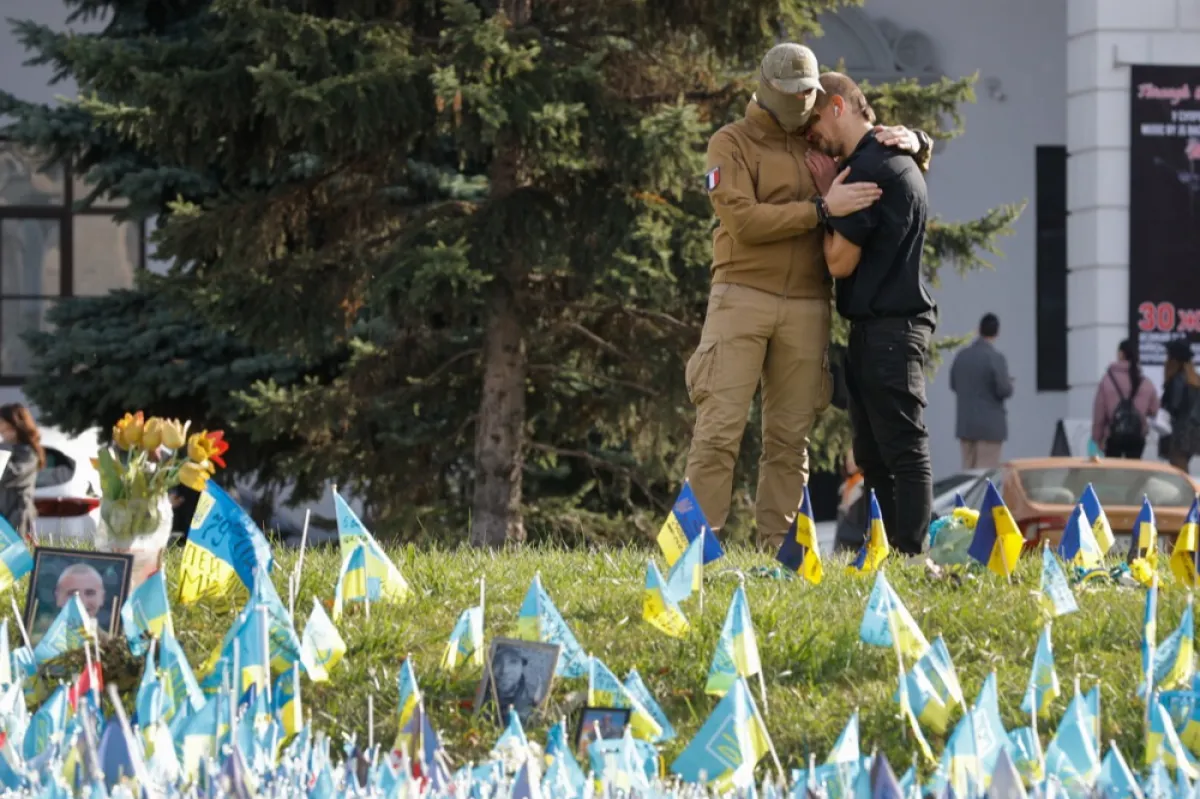
Ukraine has entered a new phase of war fatigue caused by the prolongation of hostilities. There are growing signals of a crisis among the military personnel, mistrust in the authorities, and society's difficult adjustment to a war that is lasting more than envisaged.

Bulgaria’s government decision to add tax to Russian gas brought tensions with Hungary and Serbia, and yet another clash with pro-Moscow President Rumen Radev.

After years of conservative rule, most Poles voted for the opposition parties. The conservatives are nonetheless poised to remain influent through the public institutions they control.

Elections in Slovakia were closely followed in Prague, as the results may serve as an indicator of the direction in which social moods might evolve in the Czech Republic.
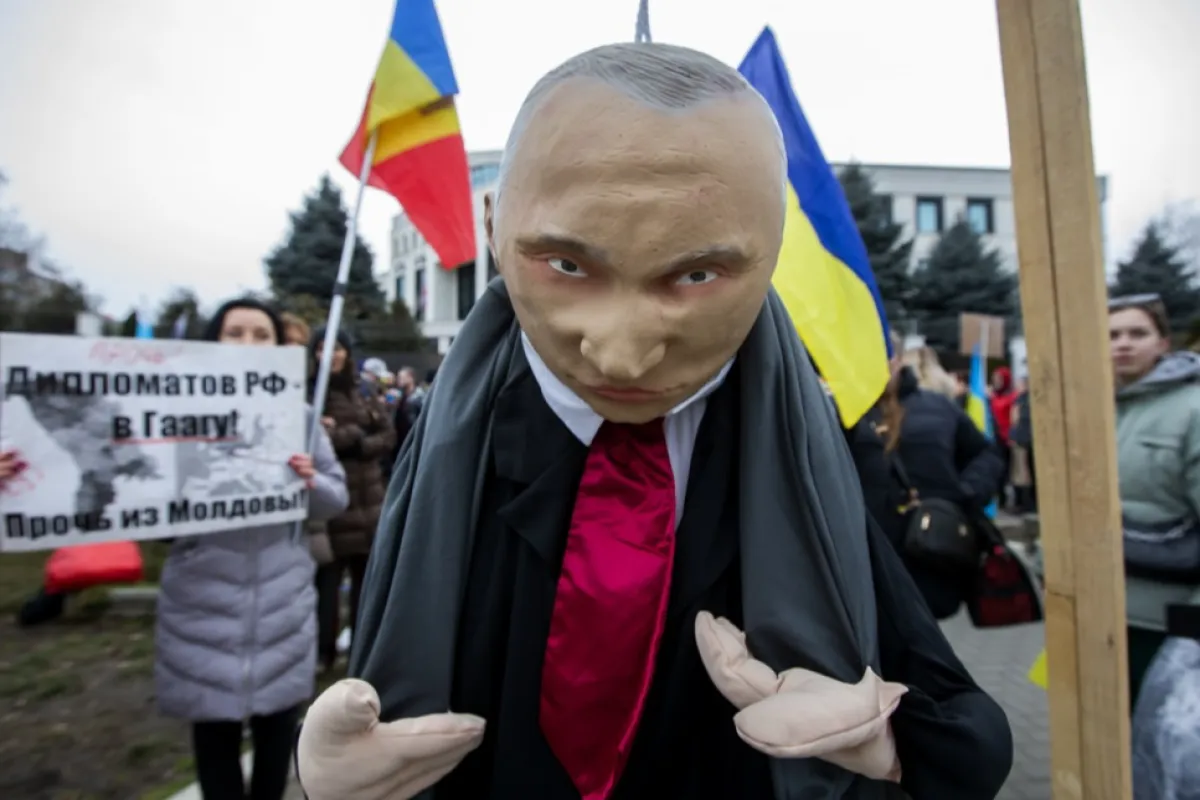
The war in Ukraine has accelerated the process by means of which the Republic of Moldova has been distancing itself from Russia. After the elimination of economic and energy dependence, Moscow's remaining levers are pro-Russian propaganda and parties.
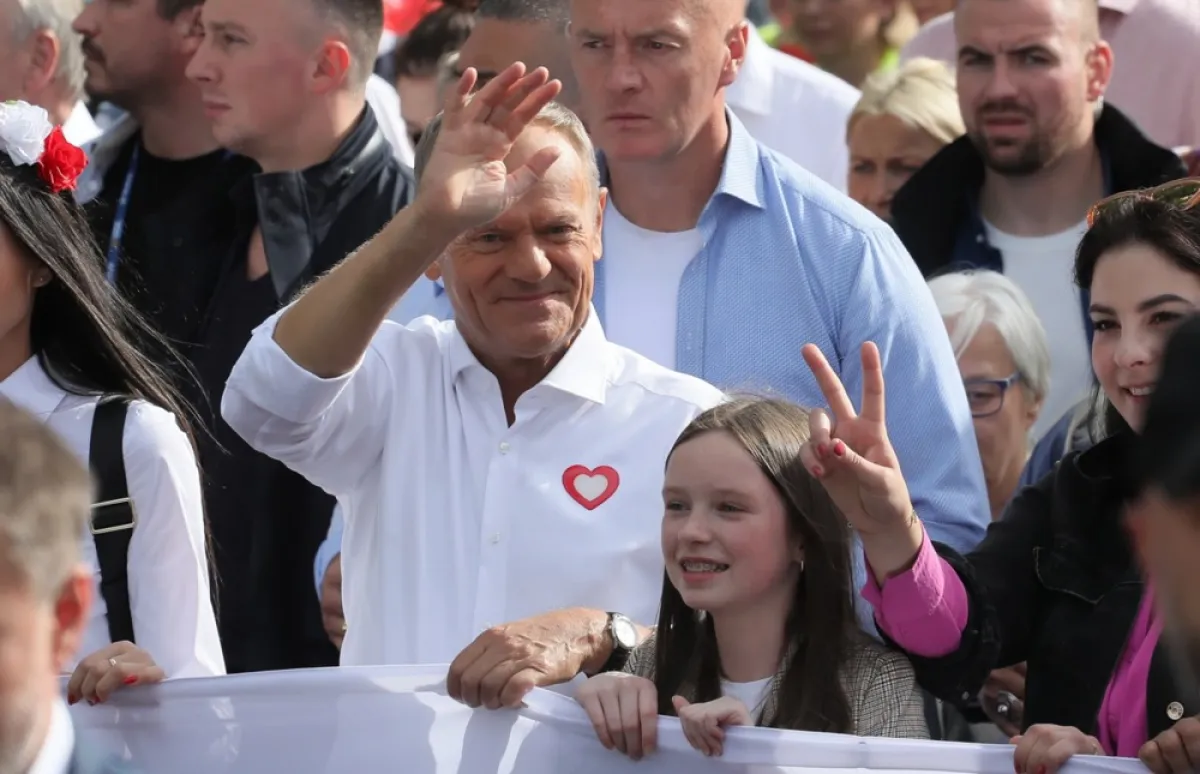
Poland’s liberal opposition hopes to break the ruling PiS’ long spell in power at the October 15 elections. The conservatives are betting on harshening their tone towards Ukraine, and the EU.

Viktor Orbán’s aggressive speech delivered in the Hungarian Parliament is evidence of Hungary’s lack of solutions to an economic crisis amplified by Orbán’s own policy-making, as well as of its growing isolation at EU and NATO levels.

From cyberattacks to railway disruptions, Poland faced during the past several months a wave of incidents, many of them having the hallmarks of Russian intelligence.

Bulgaria has been facing an uptick in pro-Russian disinformation, just as the country’s pro-Western government is questioning Moscow’s influence – and moves – in the country.
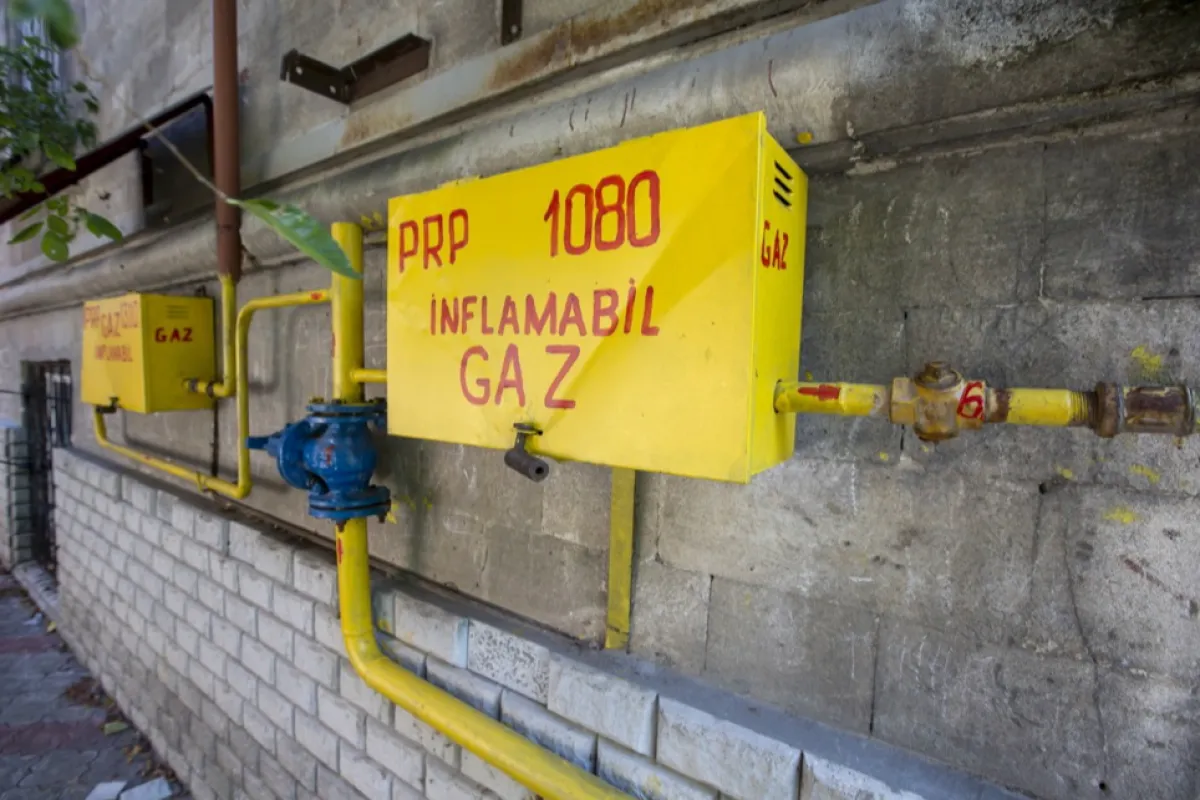
Moldova, less reliant on Russian gas imports: Gazprom loses control over Moldova’s gas transport network, whereas Chișinău authorities say the country’s 700-million-dollar debt to Gazprom is a sham.
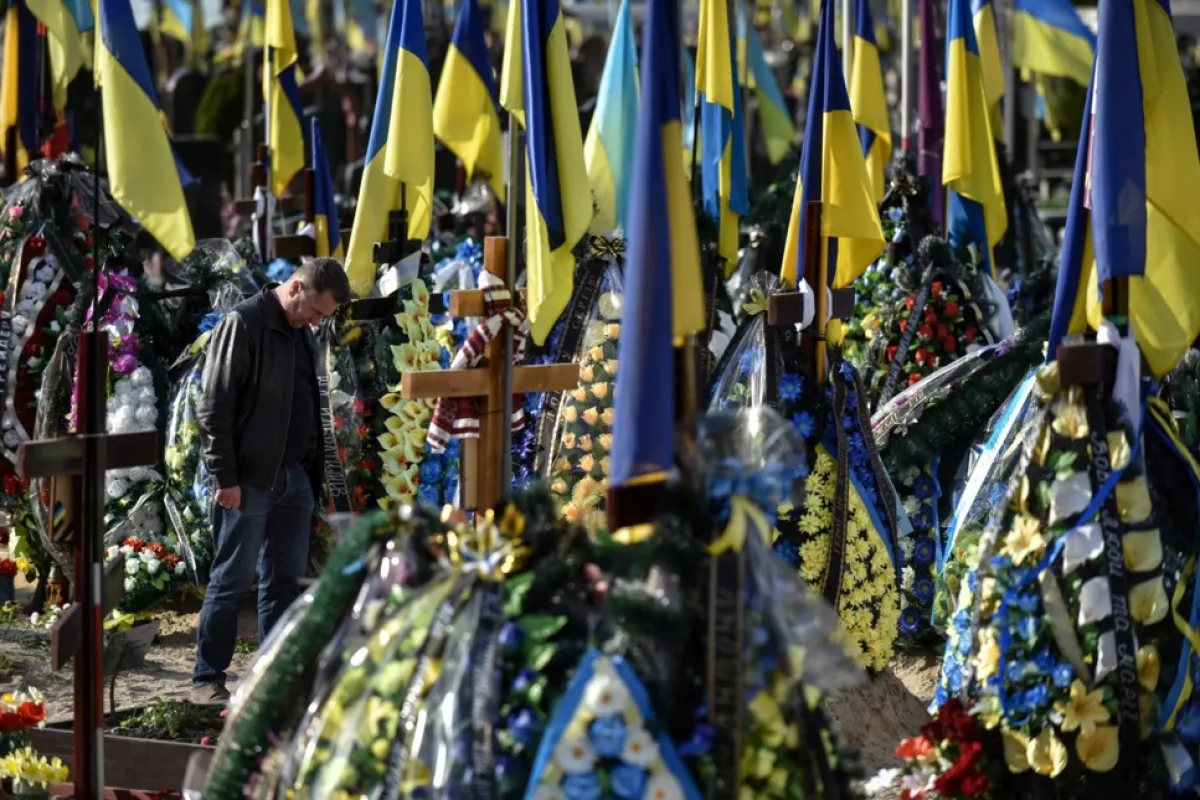
The concept of “deukrainization” has been increasingly used to replaced “denazification”, one of the original objectives at the start of the war, and is virtually tantamount to the eradication of Ukrainian identity
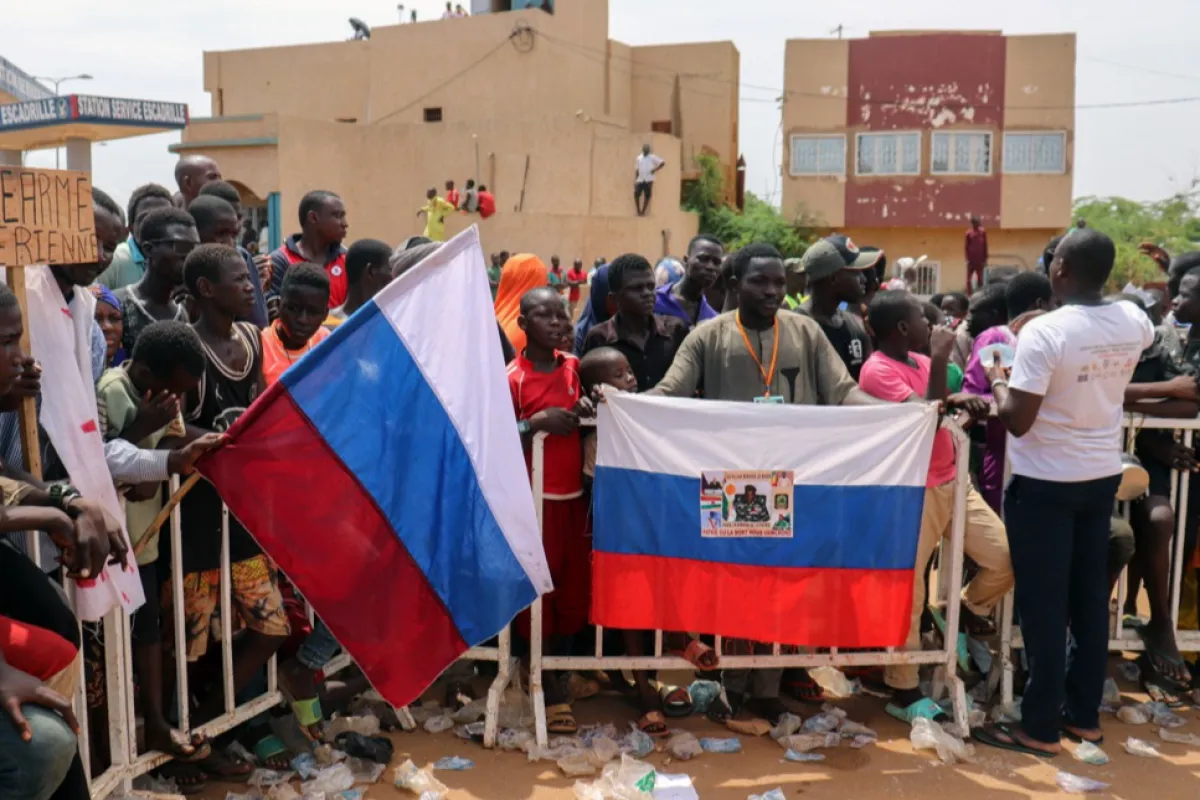
Russia uses Wagner mercenaries to undermine the influence of the West in Africa. The latest country that appears to be leaning towards Moscow is the US's main regional partner, Niger.
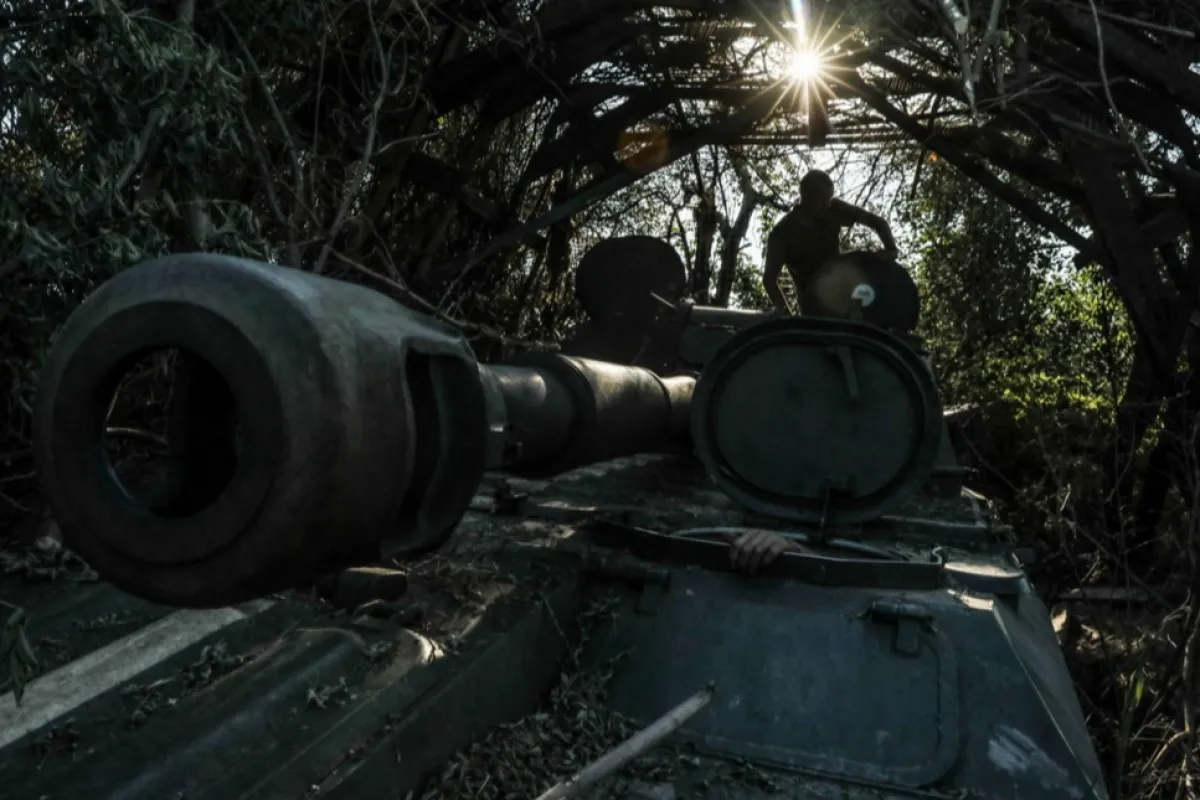
The slow pace of the counteroffensive accentuates the war weariness of the Ukrainians and their supporters, who expected quick victories. Kyiv, forced to adapt its speech to the realities on the ground.
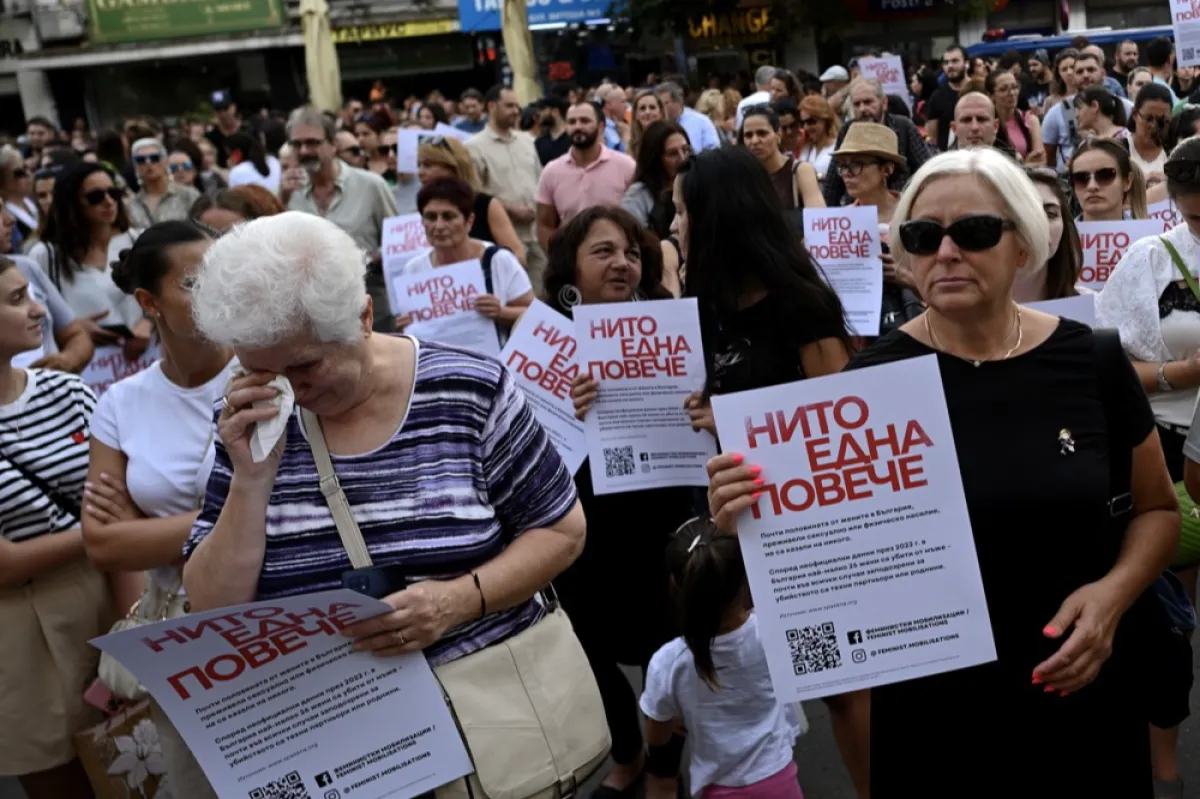
A brutal stabbing brought into spotlight the Bulgaria’s approach to gender violence. While some took to the streets in protest, others tried to block reforms aimed at protecting women.

Are the antennas on top of the Russian Embassy building used to spy on Moldovan authorities? The Security and Intelligence Service cancelled the agreements with the FSB and SVR, while the Russian Embassy will stop providing consular services

Limiting the prerogatives of the Israeli Supreme Court is interpreted by the opposition as a judicial coup. A kind of Ordinance 13, the Hebrew version.

The Ukrainian media criticizes both the West for its hesitation, as well as Zelenskyy for his failure to carry out the reforms demanded by NATO.

The alliance GERB/We continue the change showed its first cracks, as it’s being pressured by a hostile president, pro-Russian parties and the entry into politics of their main opponent.

Pro-Russian narratives are spreading in the Czech Republic despite Prague’s efforts to stop them. A treaty with the US is their latest target.

Russian-Chinese relations appear to be flourishing. But Beijing is looking for its own interests: it wants to attract the countries of Central Asia into its orbit and could even aim to recover Outer Manchuria.

The Nova Kakhovka dam was destroyed using tactics the West has taught ISIS, the pro-Kremlin media writes, invoking other false narratives promoted in the past, for instance referring to Ukraine’s plans to trigger a genocide of Russian speakers or about the “terrorist” character of the Ukrainian state.

The EPC summit brought, for the first time, the prospect of European integration without the settlement of the Transnistrian conflict. Moscow was also sent the message that Moldova's place was next to the Western democracies.

As Bulgaria seems to finally move away from its years long political stalemate, new lines are drawn in the sand between politicians and the controversial top prosecutor, while the pro-Russians are waiting on the sides.
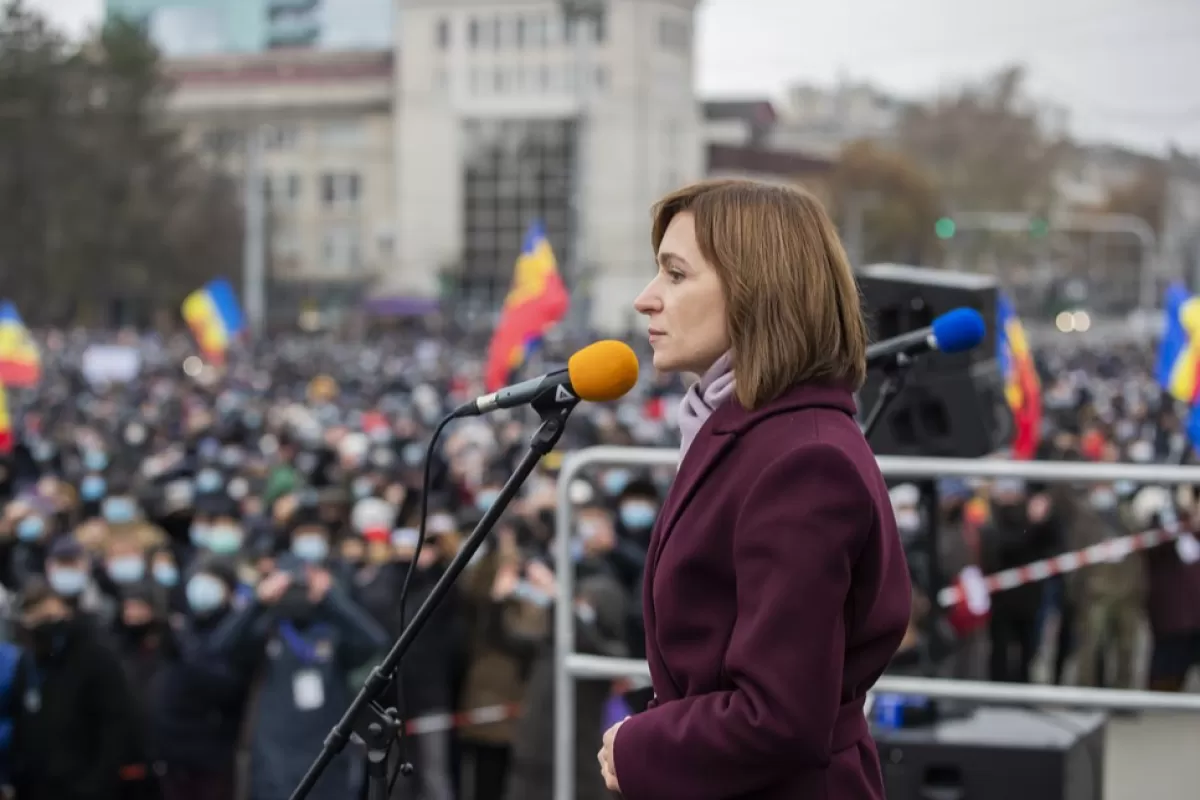
Maia Sandu has called a pro-European rally, patterned on the Great National Assemblies that culminated in 1991 with the Republic of Moldova proclaiming its independence. The decision was announced in the context where Moscow and pro-Russian forces in Chișinău have ramped up pressure on the pro-European government. It’s a risky bet, which Moldova will win only if the rally enjoys a turnout similar to public gatherings of the 1990s.
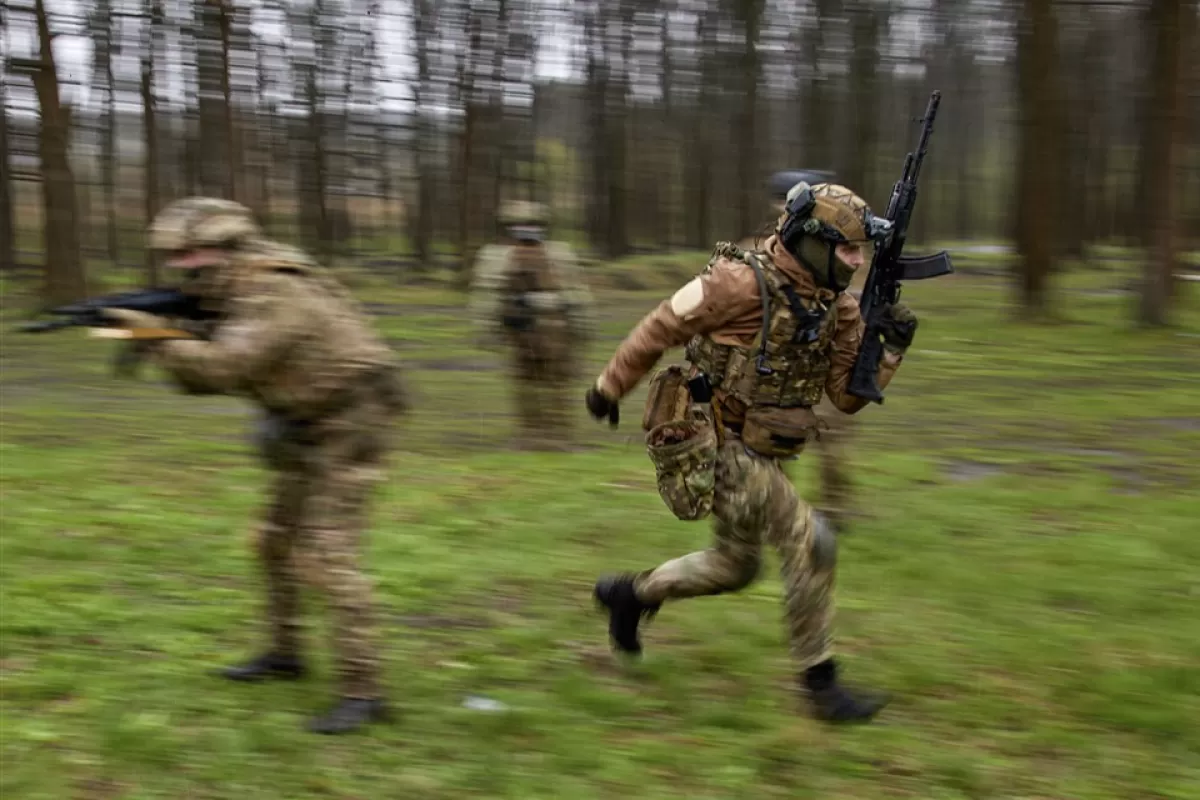
Many Ukrainians hope the war will be won thanks to the counteroffensive that is being prepared by their army. Some officials, though, seem to be trying to temper the population's expectations. In the other camp, Russia has launched a series of false counter-offensive narratives, but at the same time appears to be preparing to explain to its people a potential Ukrainian success.
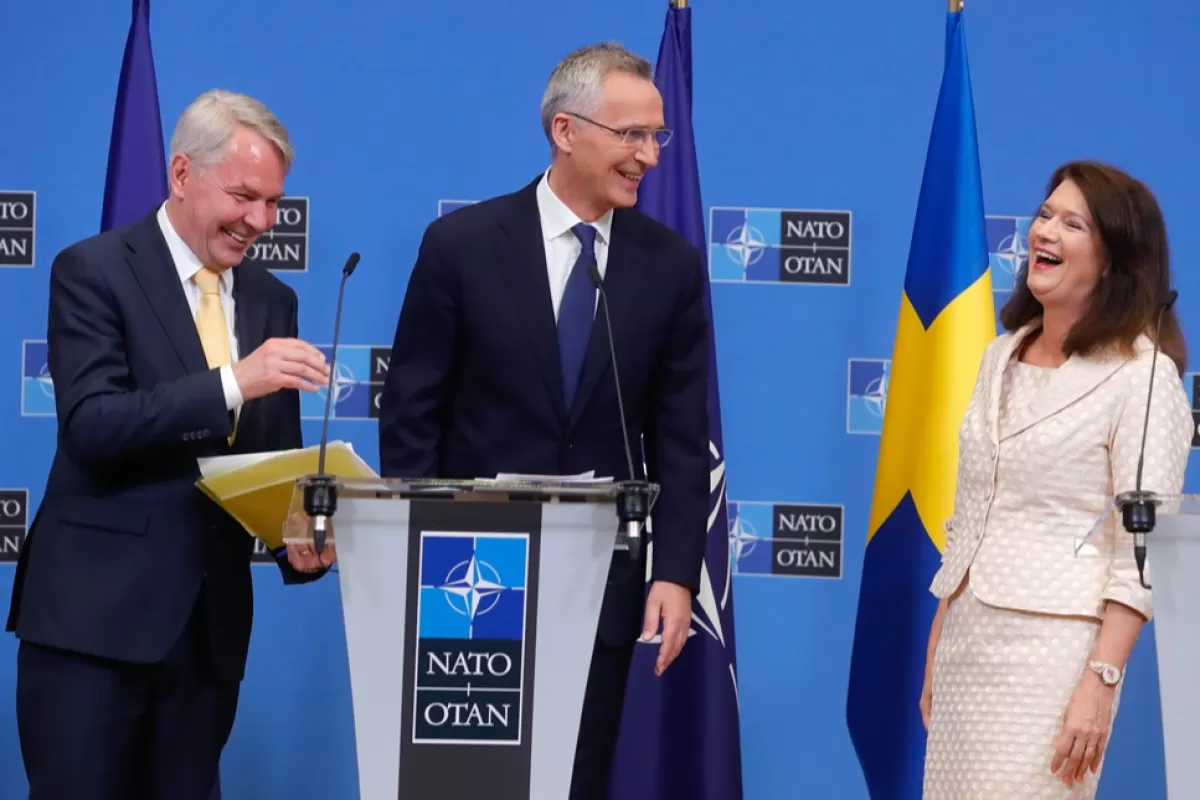
Russia’s aggressiveness in Europe has prompted several countries to renounce their neutrality or to rethink this concept. The question to ask is if the neutrality status is a naïve strand of pacifism or a strategy, which many are now reworking.

Since Petr Pavel took office, the Czech presidency is more transparent and promotes issues such as the protection of the environment and minorities. Externally, Miloš Zeman's openness to Russia and China has been replaced by support for Euro-Atlantic policies and Ukraine. On the other hand, the pro-European government is in an image crisis, and anti-poverty and anti-Ukraine demonstrations continue.

Russia’s ambassador to Bulgaria recently expressed support – a diplomatic faux pas – for the Bulgarian far-right, anti-Western and anti-Ukraine Revival party. Revival came third in the April 2 elections, fifth of its kind in the last two years, and if the current political stalemate continues, it stands a good chance to become a major political force at the next snap election.
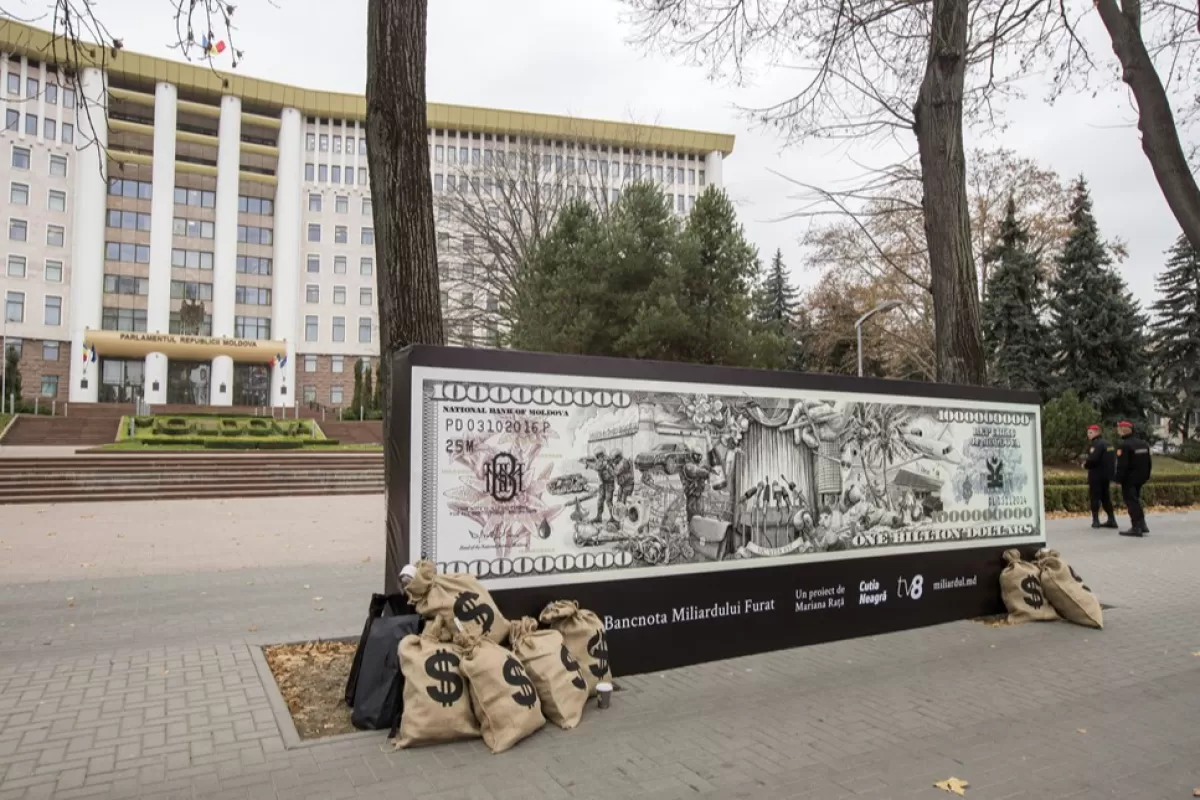
The Republic of Moldova needs to reform its justice system and fight corruption if it wants to see the EU accession negotiations started. The government's efforts to carry out a reform, however, are faced with the resistance of judges, who seem willing to block the entire system in order to keep it as it’s been so far.

After Russia attacked Ukraine in 2014, the Russian oligarchs or others close to them continued to make money in Ukraine, where they invested in telephone networks, banks, industry, the energy sector and tourism. Many of these businesses have kept bringing money to the Russians even after the February 2022 full-scale invasion.